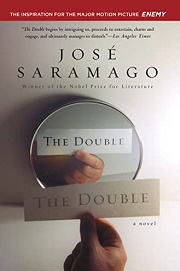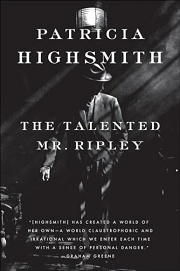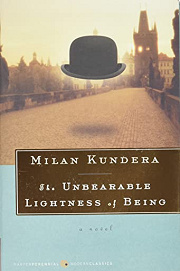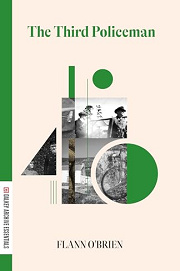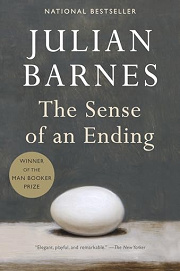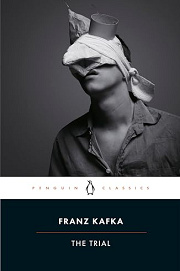Share your thoughts in a quick Shelf Talk!
The Double by José Saramago
When a quiet, unassuming man discovers a stranger who looks exactly like him, his life fractures into a hall of mirrors where identity, desire, and fate collide. With sly humor and luminous insight, The Double explores what happens when your greatest rival is your own reflection.
Have you read this book? Share what you liked (or didn’t), and we’ll use your answers to recommend your next favorite read!
Love The Double but not sure what to read next?
These picks are popular with readers who enjoyed this book. Complete a quick Shelf Talk to get recommendations made just for you! Warning: possible spoilers for The Double below.
In The Double, did you enjoy ...
... the anxious, obsessive interior spiral of a morally slippery protagonist whose craving for a new identity turns dangerous?
The Talented Mr. Ripley by Patricia Highsmith
If what hooked you in The Double was living inside Tertuliano Máximo Afonso’s fretful head as he stalks and negotiates with António Claro/Daniel Santa-Clara—right down to the scheming phone calls, the ill-advised swap, and the fatal consequences—then Tom Ripley’s mind will grip you just as tightly. Highsmith lets you sit with Ripley’s escalating rationalizations as he tries on another man’s life, and each calculated step echoes Tertuliano’s queasy dance with his lookalike.
... philosophical authorial asides that interrogate identity, chance, and the ethics of our choices within an intimate story?
The Unbearable Lightness of Being by Milan Kundera
Like Saramago’s wry, intrusive narrator who keeps pausing Tertuliano’s double drama to ponder identity and fate, Kundera steps in to question what it means to live—and to choose—while following Tomáš, Tereza, and Sabina through their entanglements. If the way The Double keeps nudging you to think about who we are (and who gets to decide) appealed to you, the reflective, essayistic currents in The Unbearable Lightness of Being will feel wonderfully familiar.
... bleakly comic absurdity threaded through a metaphysical puzzle about selfhood and reality?
The Third Policeman by Flann O'Brien
If the grim chuckle you got from Saramago’s setup—Tertuliano’s polite but menacing conversations with his double, the petty negotiations over mustaches and meetings, and the terrible irony of the car crash—was part of the appeal, O’Brien’s morbid hilarity will land. From bicycle-atom theories to the de Selby footnotes, The Third Policeman uses deadpan wit to probe identity and punishment, much like The Double salts its existential unease with dark jokes.
... a tightly focused, few-character study where small choices and murky memories have outsized consequences?
The Sense of an Ending by Julian Barnes
If you liked how The Double keeps its circle small—Tertuliano, Maria da Paz, António Claro, Helena—and lets a private obsession detonate lives, Barnes offers a similarly intimate fuse. Tony Webster’s attempt to reconstruct past events unspools with the same quiet tension, where a handful of conversations and letters carry the weight of fate, much like Tertuliano’s fateful calls and clandestine hotel meeting.
... a creeping, patient build of existential dread where a man is ensnared by opaque forces he cannot master?
The Trial by Franz Kafka
If you were drawn to the slow, suffocating escalation in The Double—from a casual video rental to Tertuliano’s life being commandeered by his identical stranger—Kafka’s Josef K. will give you that same inexorable slide. The measured pace, the bureaucratic menace, and the sense that every attempt to regain control only tightens the trap mirror the way Tertuliano’s swaps and schemes deepen the nightmare.
Unlock your personalized book recommendations! Just take a quick Shelf Talk for The Double by José Saramago. It’s only a few questions and takes less than a minute.
